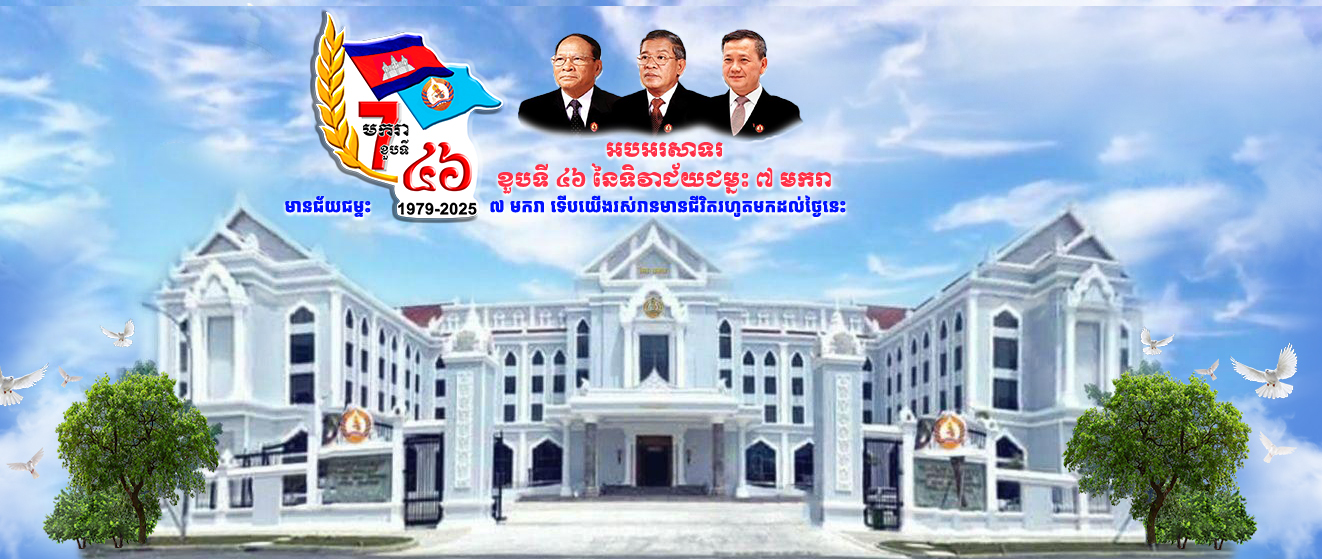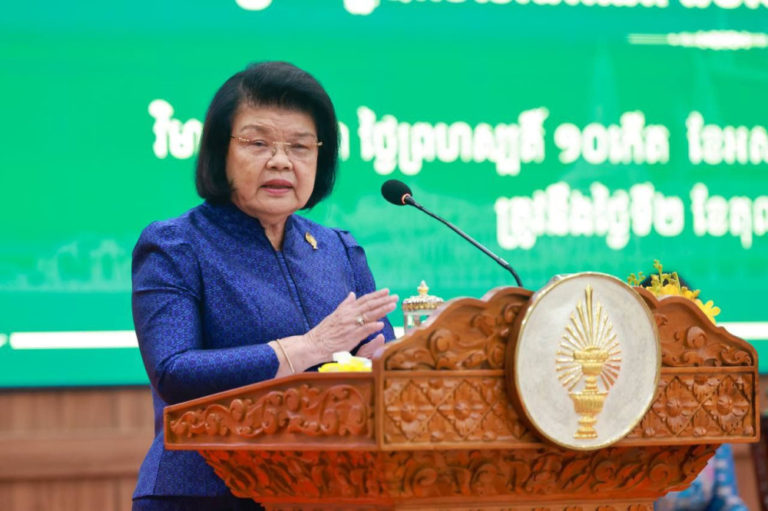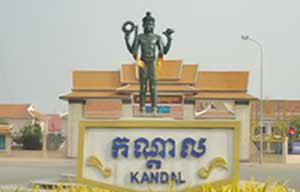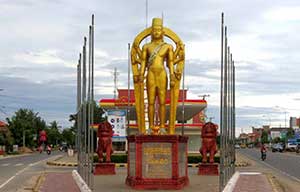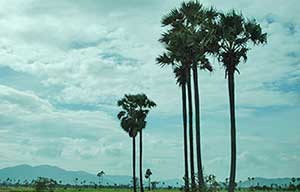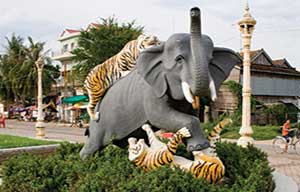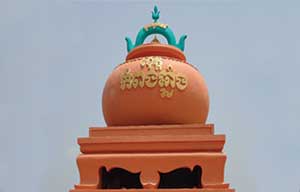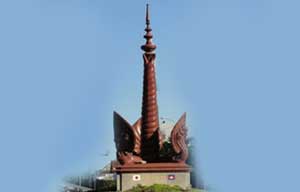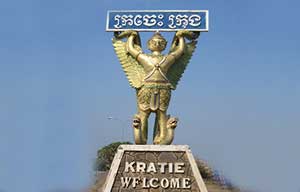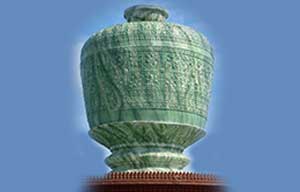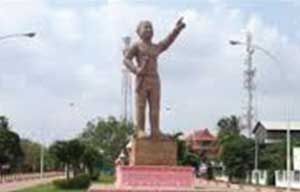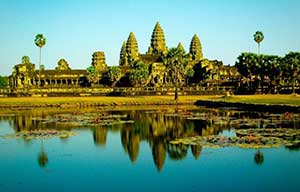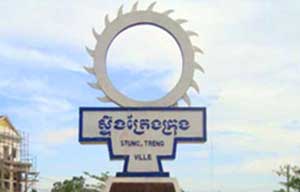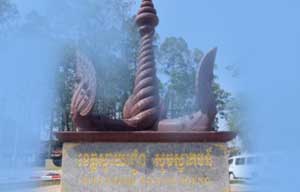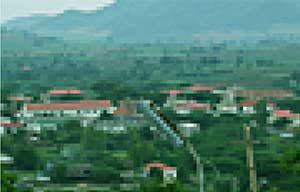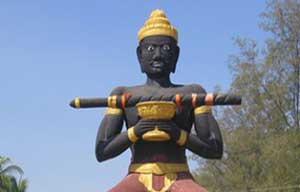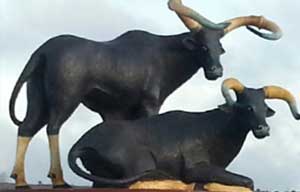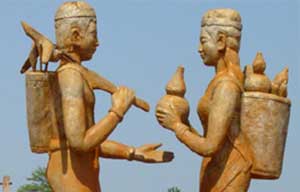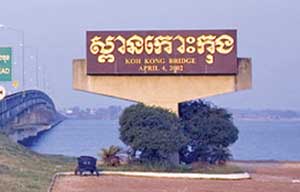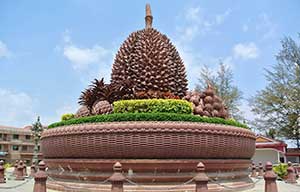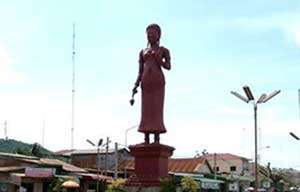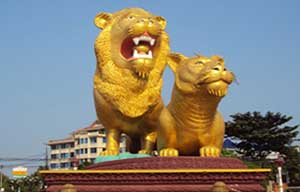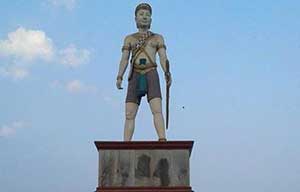Samdech Maha Rathsapheathika Thipadei Khuon Sudary, President of the National Assembly of the Kingdom of Cambodia, will lead a high-level Cambodian parliamentary delegation to attend the Global Leaders’ Meeting on Women to be held in the People’s Republic of China from Oct. 12 to 15.
According to the National Assembly, the Global Leaders’ Meeting on Women serves as a high-level platform bringing together leaders of legislative and executive institutions under the framework of the United Nations to review the progress made in implementing the Beijing Declaration and Platform for Action (1995) — a foundational and globally recognised framework for advancing gender equality, women’s rights, and women’s empowerment.
Under the theme “One Shared Future: New and Accelerated Processes for Women’s All-Round Development,” this year’s meeting aims to strengthen political support and renew high-level commitments to the effective and accelerated implementation of gender equality and women’s empowerment objectives, in line with the 2030 Agenda for Sustainable Development toward a peaceful, prosperous, and inclusive world.
During the event, Samdech Khuon Sudary will deliver a keynote address, highlighting Cambodia’s steadfast political will and achievements in advancing gender equality and women’s empowerment since the adoption of the Beijing Platform for Action.
Samdech Khuon Sudary will highlight Cambodia’s progress under the visionary leadership of Samdech Techo Hun Sen, continued by Samdech Thipadei Hun Manet, emphasising the active engagement of both the legislative and executive branches in advancing women’s empowerment in Cambodia under the slogan: “Women are the backbone of our society and economy.”
During the visit, Samdech Khuon Sudary is also scheduled to hold bilateral meetings with parliamentary leaders and heads of international organisations, including H.E. Zhao Leji, Chairman of the Standing Committee of the National People’s Congress of China. These meetings aim to further strengthen and deepen friendship, cooperation, and people-to-people exchanges between Cambodia and other participating countries, fostering mutual benefits in key areas such as trade, economy, education, agriculture, and tourism.

